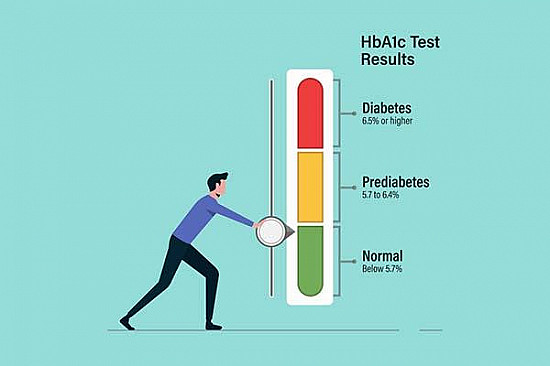Should I add cocoa powder to my diet?
Ask the doctor
 Q.
Many doctors and nutritionists recommend eating dark chocolate in moderation, and I've heard I should look for bars that are 70% cacao. But wouldn't it be easier to just add a teaspoon of 100% unsweetened cocoa powder into my morning coffee?
Q.
Many doctors and nutritionists recommend eating dark chocolate in moderation, and I've heard I should look for bars that are 70% cacao. But wouldn't it be easier to just add a teaspoon of 100% unsweetened cocoa powder into my morning coffee?
A. It's a reasonable question, especially since one of the common caveats about eating chocolate bars is that they typically contain considerable amounts of sugar, fat, and calories. The potential health-promoting compounds found in chocolate include a category known as flavanols. These compounds are abundant in many plants, including cocoa beans, which are the seeds of the cacao tree. Diets high in flavanols have been linked to improved cardiovascular health, possibly by relaxing blood vessels (which lowers blood pressure) and improving blood sugar control (which may help prevent diabetes).
Cocoa beans are fermented, dried, roasted, and ground into powder for use in foods and beverages. In theory, adding cocoa powder to your diet seems like a healthier way to consume flavanols than eating chocolate bars. But it's not that simple. It turns out that the flavanol content of cocoa powder varies widely and depends on several factors, including the genetics of the particular cacao plant harvested and the makeup of the soil in which the crop was grown. But the way the beans are processed probably has the biggest effect. Dutch processed cocoa is treated with a substance that makes it slightly less acidic, which removes some of the bitterness but also some of the flavanols, according to my Harvard Medical School colleague Dr. Howard Sesso, who studies heart disease prevention, including the role of dietary flavanols. Because flavanols aren't listed on the Nutrition Facts panel of food packaging, it's not possible to know how much different brands contain.
If you like the flavor of unsweetened cocoa powder in your coffee, there's no reason not to add it. But you probably won't get a very big dose of flavanols in just a teaspoon. If you like chocolate, having a few small squares of dark chocolate can be a good way to satisfy a sweet tooth and modestly boost your flavanol intake without adding excessive calories and fat. And while dark chocolate likely has more flavanols than milk chocolate, both choices still contain sugar and fat.
In terms of heart-related benefits, though, the best option is to eat plenty of fruits and vegetables for a variety of flavanols as well as heart-healthy nutrients such as fiber, vitamins, and minerals. According to Dr. Sesso, good food sources of flavanols are berries, grapes, and black or green tea.
Image: © Aleaimage/Getty Images
About the Author

Deepak L. Bhatt, M.D., M.P.H, Former Editor in Chief, Harvard Heart Letter
Disclaimer:
As a service to our readers, Harvard Health Publishing provides access to our library of archived content. Please note the date of last review or update on all articles.
No content on this site, regardless of date, should ever be used as a substitute for direct medical advice from your doctor or other qualified clinician.
















